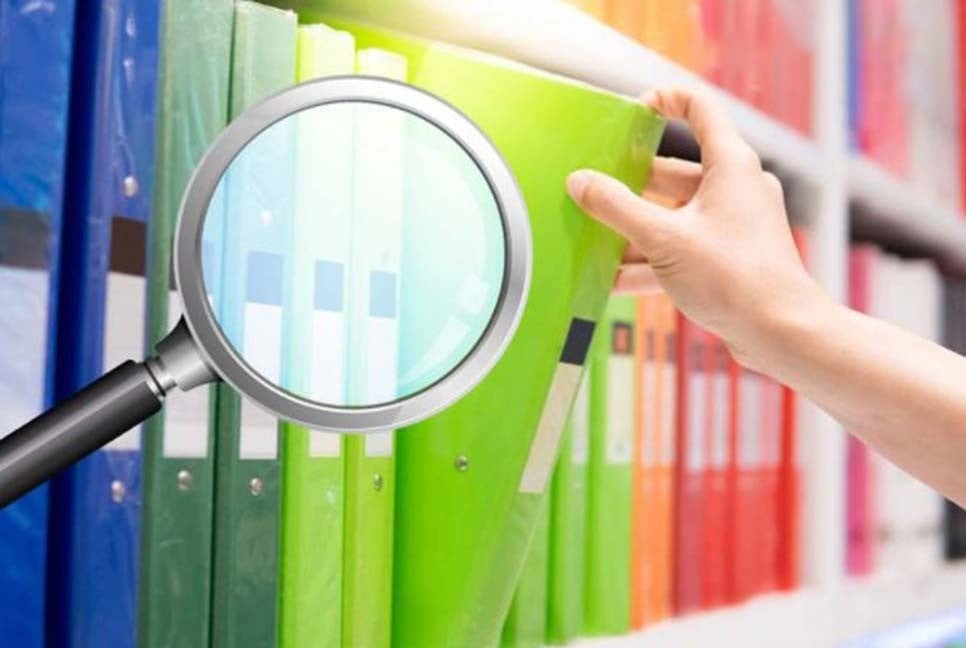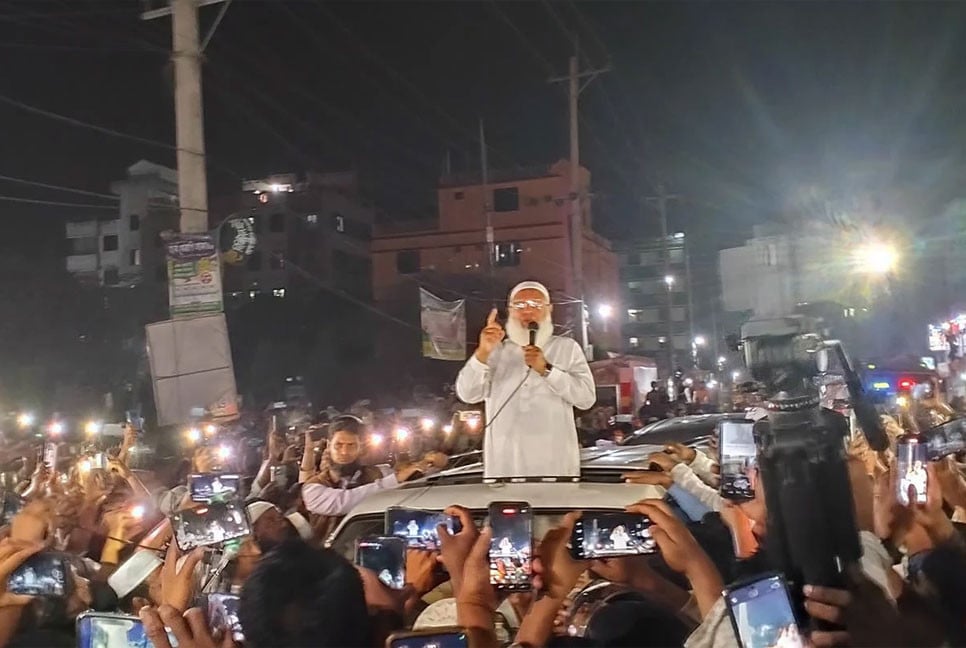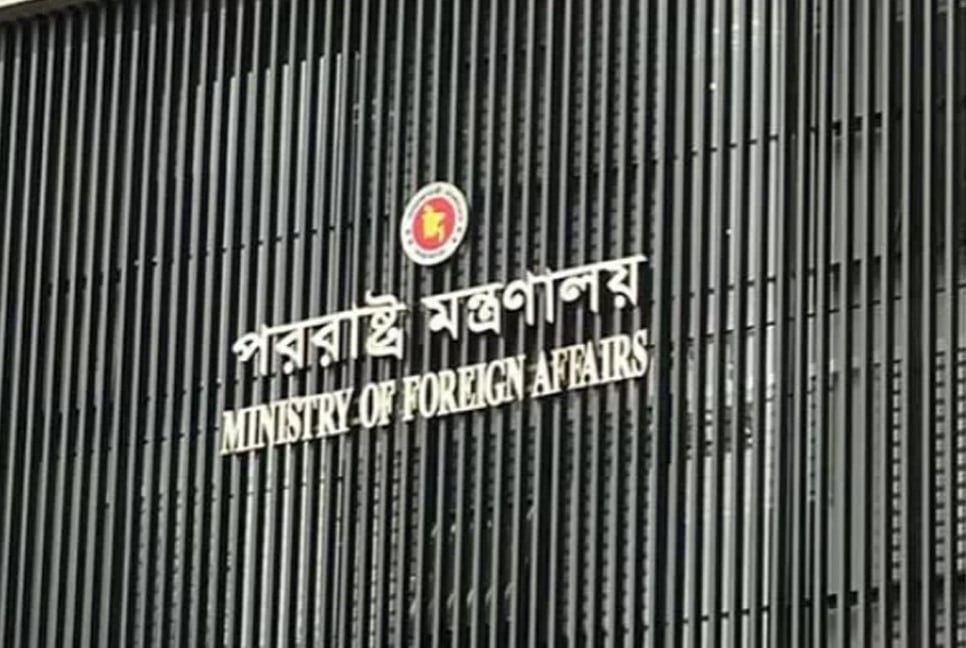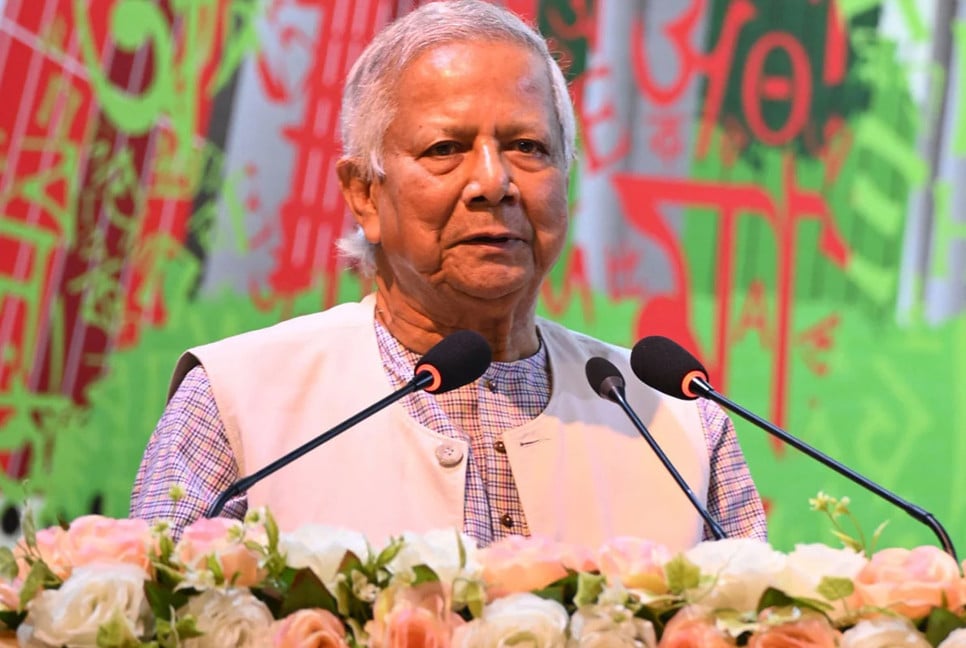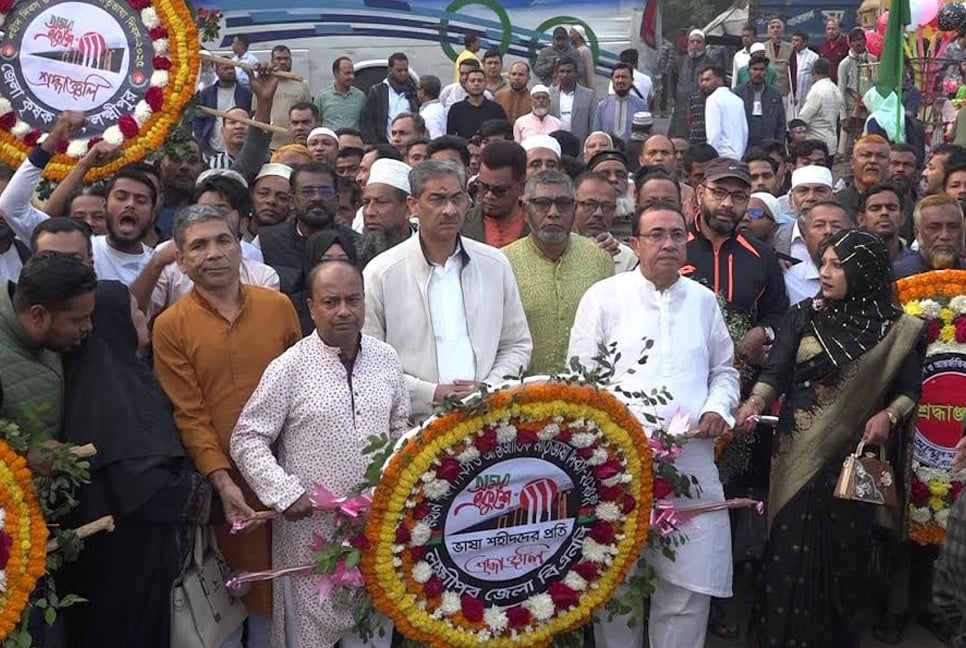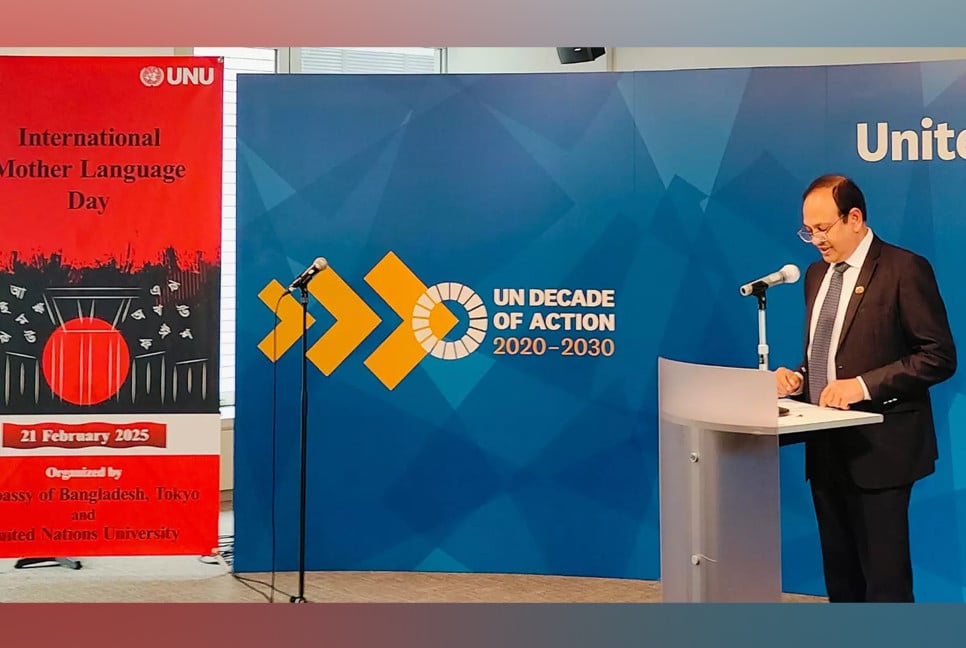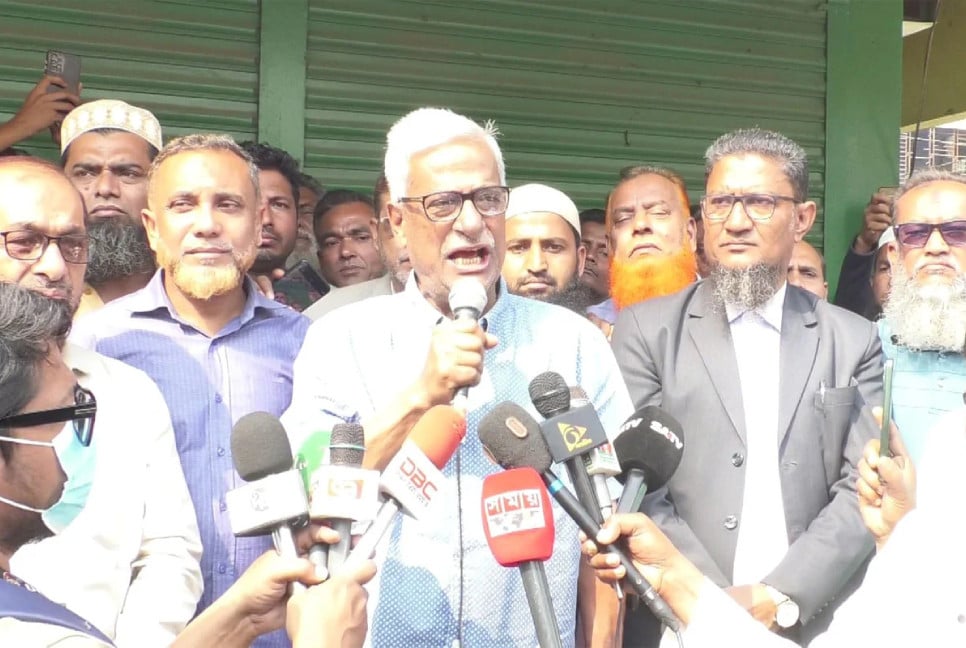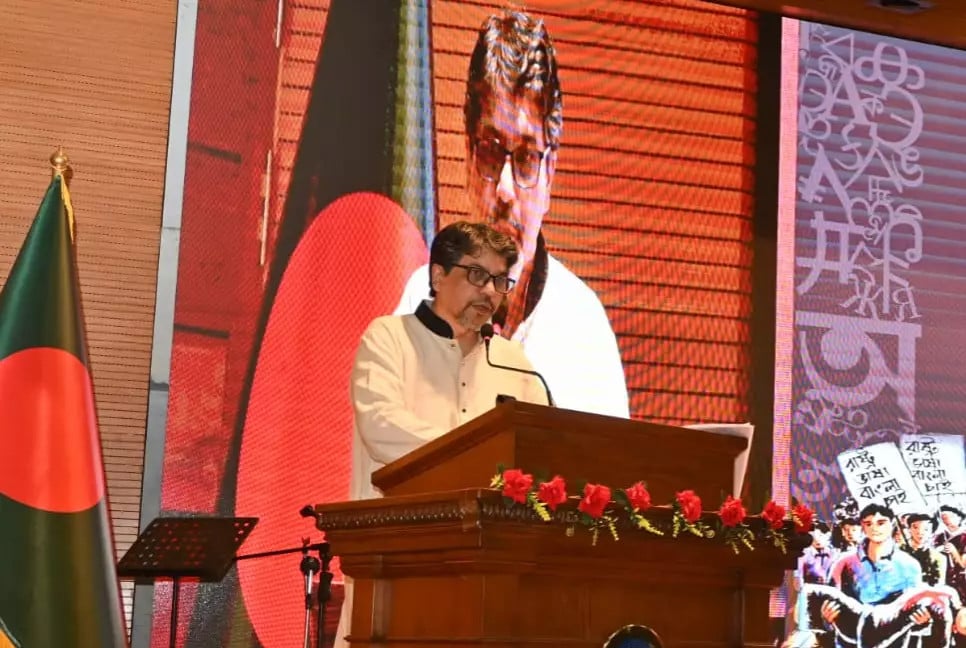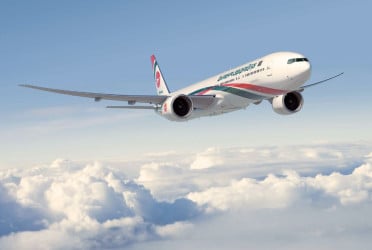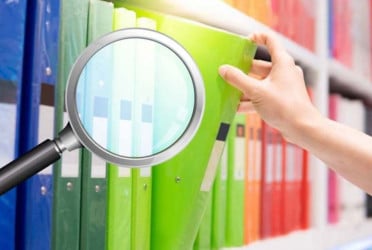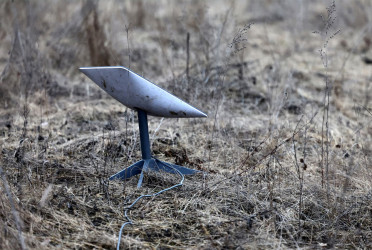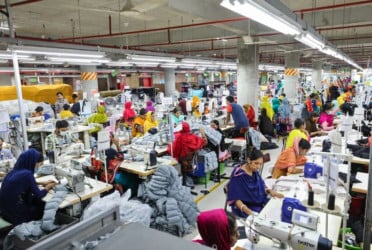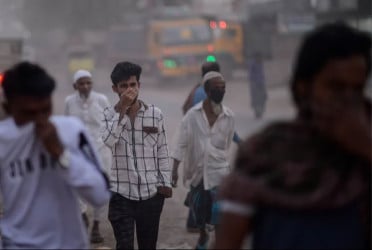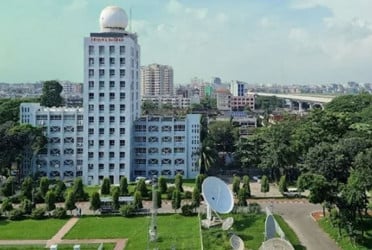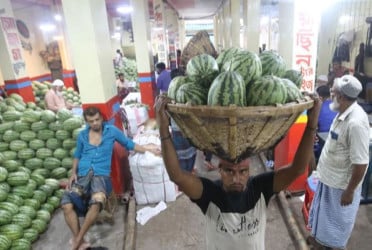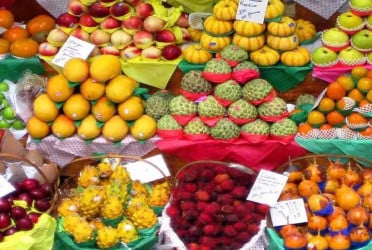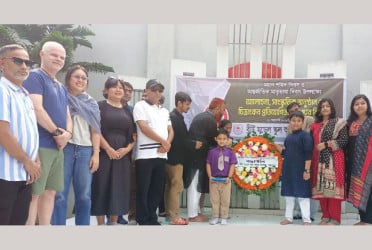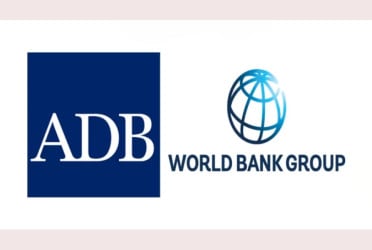Rivers in Bangladesh are facing environmental collapse as plastic pollution reaches alarming levels. The Buriganga, Turag, Balu, Shitalakshya, Karnaphuli, and Surma rivers, once vital water sources, are now among the country's most polluted, overwhelmed by a continuous influx of plastic and polythene waste.
A report from the United Nations Environment Programme (UNEP) reveals that 73,000 tons of plastic waste are entering the sea daily via the Padma, Jamuna, and Meghna rivers. This mounting pollution is expected to dramatically shift marine ecosystems, with projections suggesting that, in 50 years, plastic will outnumber fish in the sea.
Additionally, plastic waste from neighboring countries like India, Nepal, and China is exacerbating the problem, as it enters Bangladesh's waterways through the Ganga, Jamuna, and Brahmaputra rivers.
Due to polythene and plastic pollution, our ecosystem and land are being polluted extensively, threatening the existence of plants and other animals. Due to the indiscriminate use of polythene, drains, canals and sewers are being filled in cities and metropolises during the rainy season. Plastic and polythene accumulate on the seabed, causing serious damage to biodiversity and marine life.
Abandoned plastic is turning into microplastics and entering the human body through air, water and food. Due to this infiltration, it is creating a risk of lung, kidney diseases and cancer in the long term.
It has also been identified as very harmful to the human body. This plastic material is responsible for stomach problems, hormonal problems, liver problems, and even dangerous diseases like cancer in many cases.
However, 15 million pieces of polythene are being used every day in the capital alone. And there are about 150 illegal factories across the country producing polythene. Apart from polythene, the use of plastic in the country is also increasing at an alarming rate.
The average per capita plastic consumption in the capital is more than 24 kg per year. This excessive use of plastic and polythene is destroying the environment, damaging rivers and seas. The country's drainage system collapses during the rainy season due to plastic and polythene.
The Bangladesh Bureau of Statistics (BBS), the International Union for Conservation of Nature and Natural Resources (IUCN) and the World Bank have presented various pictures of the increase in the use of plastic and polythene in the country.
In 2005, the per capita plastic consumption in urban areas of the country was only three kg, which increased to 9 kg in 2020. Currently, the annual plastic consumption of a person in the capital alone has exceeded 24 kg. Although the production, marketing, transportation and use of polythene bags has been banned in the country since 2002 according to the provisions of the Environmental Protection Act 1995. However, the plastic-polythene market in Bangladesh has exceeded 20 thousand crore taka. Bangladesh was the first country in the world to ban the use of polythene.
The Poribesh Bachao Andolan (PBA) has surveyed the number of illegal polythene factories across the country. The survey found that there are about 1,500 factories manufacturing banned polythene across the country, including the capital, most of which are centered in the capital's Old Dhaka and Gazipur.
In this regard, PBA Secretary Syed Mahbubul Alam Tahin told the media, “The dependence on mobile courts must be reduced to stop the use of polythene in Bangladesh. In addition, the department's officials must be given the power to impose administrative fines through amendments to the Environment Act. Then the use of polythene and plastic will decrease. And effective rules related to plastic and polythene pollution must be formulated and implemented. However, since there is no alternative to plastic and polythene, its use cannot be reduced. As a result, the use of jute and fibrous products must be increased as an alternative to polythene.”
He said, “Effective initiatives must be taken to provide incentives and encouragement for the production of biodegradable plastics. The use of easily portable, eco-friendly jute, cotton, wool, hemp, rattan, paper and cloth bags must be increased. In addition, taxes on plastic products must be increased to reduce their use in the market.”
According to World Bank data, Bangladesh is severely affected by environmental pollution due to the use of plastic and polythene. And there has been a lack of effective initiatives to prevent their use for decades, as a result of which Bangladesh is ranked fourth among the countries lagging behind in preventing environmental pollution. The country is ranked 177th out of 180 countries in the Environmental Performance Index (EPI). About 2.5 percent of global plastic-polythene pollution is generated in Bangladesh. About 10 million tons of polythene and plastic are used in Bangladesh every year. Although, only 37 percent of these plastics-polythene can be recycled.
Interim Govt’s initiative
According to the announcement of the interim government's advisor on environment, forest and climate change, Syeda Rizwana Hasan, the Department of Environment and the Integrated Monitoring Team are conducting a campaign against factories producing banned polythene shopping bags across the country.
In addition, the government has ordered all ministries, divisions and subordinate departments and agencies to stop the use of 'single-use plastic' in their offices to control environmental pollution. The Cabinet Division issued this order to all secretaries, senior secretaries, divisional commissioners and deputy commissioners in a letter on September 5. The letter cited a letter from Environment Advisor Syeda Rizwana Hasan dated August 29. In addition, the Integrated Committee of the Environment Ministry has been conducting a campaign against banned polythene since November 3.
In this regard, Tapan Kumar Biswas, chairman of the monitoring committee and additional secretary of the Ministry of Environment, Forest and Climate Change, told the media that the government is determined to implement the ban on polythene shopping bags. Everyone must follow the government's instructions to stop the use of such bags, otherwise action will be taken.
Till now, 166 drives have been conducted from November 3 to November 29 to ban polythene shopping bags. In this, 349 organizations have been fined Tk 19,29,900. During this period, 40,000 kg of polythene has been seized. Work is also underway to ban single-use plastic. Activities are being conducted simultaneously to raise awareness, provide alternatives and implement the rules.
Translated by Tanvir Raihan



